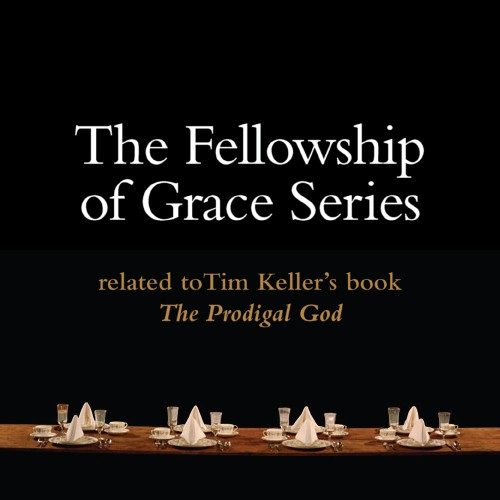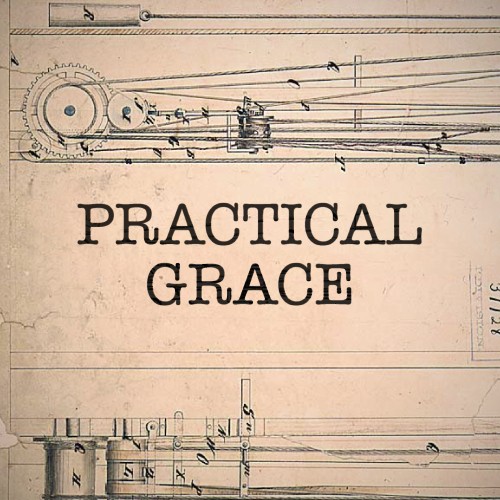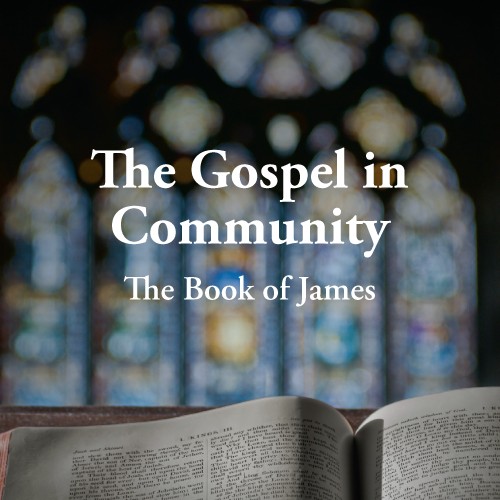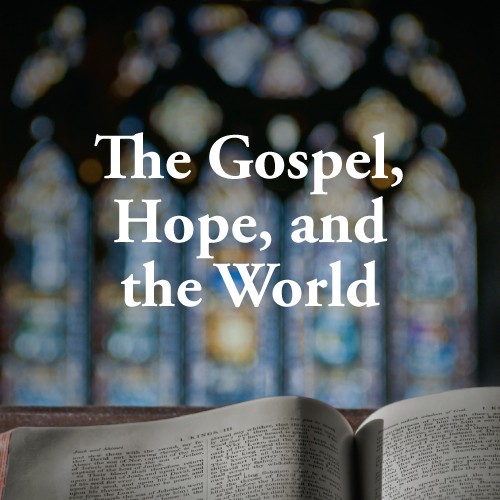
The True Older Brother
Tim Keller | November 9, 2008
Overview
In the very beginning of Luke chapter 15, Jesus speaks to religious leaders — teachers of the law — who look at Jesus fraternizing with “sinners,” and they say to him basically, “Why are you hanging out with all these lost people?” The people who are spiritually lost — meaning far from God, away from home, alienated from God. Why is Jesus fraternizing with them?
In response, Jesus gives three parables, and they’re all about lostness. The third parable is this one, the parable of the prodigal son – the most amazing, shocking, category-busting message of Jesus about what it means to be spiritually lost. Jesus is basically trying to get across a new idea, a better idea, than the Pharisees had of what it means to be spiritually lost.
Let’s look at this new category of spiritual lostness that Jesus introduces: 1) what it is; 2) how you can judge whether you’re in the category yourself (what the signs are of that condition); 3) what do you do with it if that’s you, and 4) what are some of the implications for our church.
Outline
Luke 15:17–32
When Jesus tells the story of the lost son, He offers a surprising view on what it means to be spiritually lost. This story helps us understand what signs to look for, how to respond if we’re spiritually lost, and how this impacts our community. It gives us a deeper understanding of spiritual lostness and its effect on us.
1. What is this new understanding or category?
In the story of the lost son, Jesus shows us how both sons are disconnected from their father’s love, focusing more on his wealth. The older brother refuses to join the feast, showing he’s lost through trying to earn his father’s love rather than accepting it freely. This shows that we can be spiritually lost through trying to be ‘good enough’ just as much as we can be lost through doing wrong. The story warns us to be aware of this ‘older brother lostness’, which is different from the younger brother’s repentance and return to his father.
2. How can you judge whether you’re in that category yourself?
Three signs of ‘older brother lostness’ can be seen in the story. First, a constant sense of anger and resentment, thinking that their good behavior should give them a good life. Second, following rules without joy, seeing God as a tool to get what they want rather than a source of joy. Lastly, a feeling of religious and cultural superiority, often leading to judgment and disrespect towards those they see as less than them.
3. What do we do if we find this to be the case of us?
Some people may seem like good Christians on the outside, but they may not have truly experienced the heart change described in the Bible. It’s important to know that even true Christians can fall into a mindset of self-righteousness. The cure for this is found in Jesus Christ’s vulnerability when He died on the cross, which humbles us and frees us from self-righteousness.
4. What are some of the implications for our life together here?
Jesus Christ, who belonged in heaven, chose to become an outsider to welcome us into His kingdom. We’re called to love and help those who are struggling, seeing ourselves in their struggles, and getting involved in their lives beyond just giving money. The church should be a place where we welcome everyone, showing the same kind of love that the father shows in the story of the lost son.




